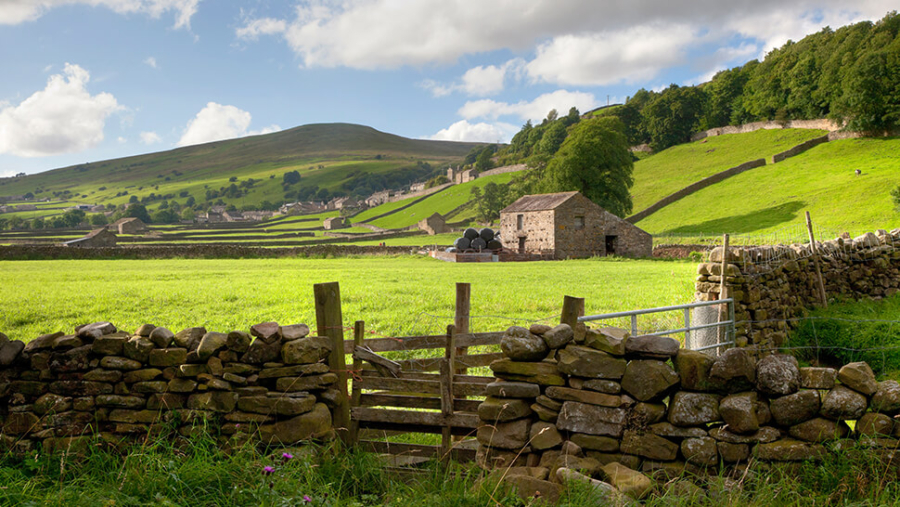
The Perfect Host – to what extent is an occupier liable for the safety of visitors?
29th November 2012

The Occupiers’ Liability Acts of 1957 and 1984, simplified the well established principle that a duty of care is owed by the occupier of any premises (including open land as well as buildings), to those visiting their premises.
The Occupiers’ Liability Act 1957 deals with an occupier’s liability towards lawful visitors, while the 1984 Act deals with the much more limited duty owed to others on the premises (mainly trespassers). The definition of “Occupier” is not dealt with in either Act, but it would appear from case law that the more control a party has over the premises, the more likely he is to be considered an occupier, for example, owners or tenants.
Under the 1957 Act, the occupier must “take such care as in all the circumstances of the case is reasonable to see that the visitor will be reasonably safe in using the premises for the purposes for which he is invited or permitted by the occupier to be there.”
The courts will look at the circumstances and consider the level of care that would ordinarily be required by a visitor, but it is noteworthy that the 1957 Act makes specific provisions for children by noting that they are “less careful than adults.” The 1984 Act imposes a duty of care on occupiers owed to “non visitors”, which would include trespassers, people using private rights of way and entrants to national parks. The occupier must take reasonable care to ensure that the non-visitor does not suffer injury on the premises because of a danger on the premises.
Occupiers quite often make the mistake of believing that the erection of warning signs discharges their duty. The courts have considered whether warning signs absolve an occupier from its liability, and it is generally conduced that unless in all the circumstances the warning was enough to enable the visitor to be reasonably safe, an occupier is not released from its liability. Simple signs saying “Warning” or “Beware” are not sufficient – there should at least be a specific notice about the particular danger on the premises.
Notwithstanding the above, there may be circumstances where liability may be avoided due to the behaviour of the visitor, typically where the visitor acts in a manner that goes further than the general purpose of visiting the premises. A common example is where the visitor is drunk and fails to take reasonable care for his own safety. Despite this, just because visitors may be intoxicated, an occupier is not automatically absolved from their liability.
By making claim under one of the Occupiers’ Liability Acts, a claimant may also make a simultaneous claim in the general law of negligence, meaning that a careless occupier may face two claims in court. Business occupiers should also note that they may also have duties under the Health and Safety at Work Act 1974.










